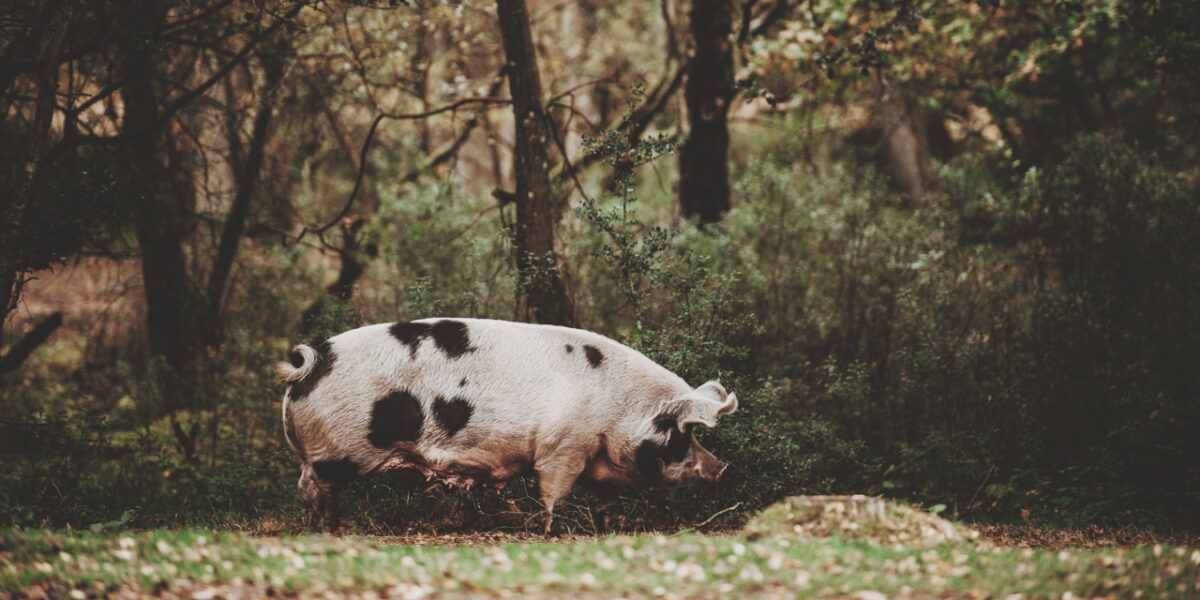The Arthurian legends have long been associated with England and Wales, but there is some evidence to suggest that King Arthur was in fact a Scot that lived in the seventh century: Artuir, the son of King Áedán Mac Gabráin of Dál Riata, a Gaelic kingdom encompassing the Scottish region now known as Argyll and Bute, and part of County Antrim in Northern Ireland. Amongst the many Scottish myths associated with King Arthur is the story of Canonbie Dick, the northernmost version of the king under the mountain folklore motif in Britain.












